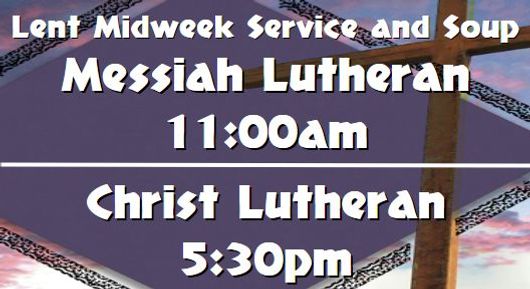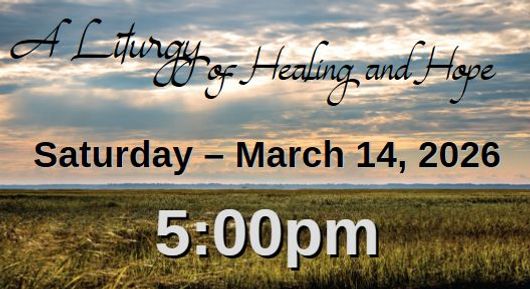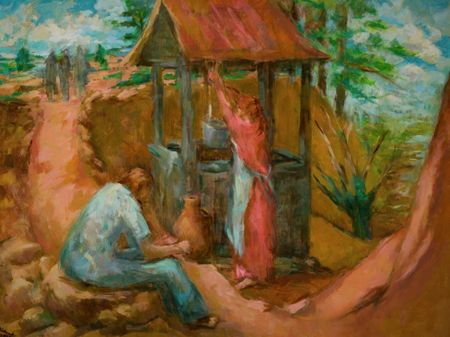Our "Other" at the Well
3rd Sunday in Lent - March 8, 2026
The woman at the well is a familiar text for many people. This image of Jesus standing at a well talking with a Samaritan woman is emblazoned in our visual and theological imaginations, but as with all Bible stories that we think we know, we might do well to take another look! Perhaps relegating this text to the simple moralism “be nice to people who are different” causes us to miss how deeply radical and difficult the message really is. We may assume this gospel simply urges us to stand with the marginalized, especially women. Yet while standing with marginalized women is a commendable action it can lead us, after doing so, to congratulate ourselves for being just like Jesus. A more critical and searching look at this text calls us to the reality that Jesus doesn’t just stand with the other, Jesus stands with your other; your church’s other. Your church’s “Samaritans” may be LGBTQ+ people, evangelicals, urban people, rural people, conservatives, liberals, the poor, the rich, the dying, or single parents. Your church’s Samaritans could very well be the key to this text. Because, like it or not, when we draw lines between ourselves and other people, Jesus is always on the other side of that line. So communities and individuals who thirst for the living water would do well to look to who our own Samaritans might be. And when we find them we should perhaps not be surprised to also find Jesus; a Jesus we thought was all our own but who, in reality, is the living water who comes to us in the strange and the stranger.
©2026, Sundays and Seasons, a div. of Augsburg Fortress.





